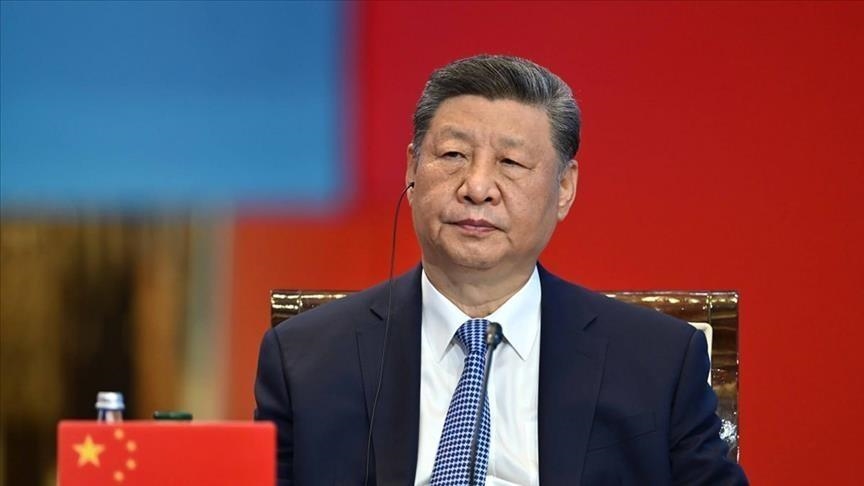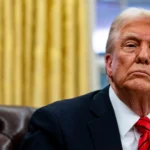At the recent Shanghai Cooperation Organization (SCO) Summit, accompanied by a historic military parade, Chinese President Xi Jinping outlined a sweeping initiative on global governance that analysts view as a challenge to US-led dominance and Western unilateralism. His five-point framework emphasizes equality, legal fairness, multilateralism, reform, and practical cooperation.
Xi’s first principle underscored the equal sovereignty of all nations. He argued that every country—large or small, rich or poor—must have the right to participate in decision-making and benefit from international cooperation. Developing countries, he stressed, deserve greater representation and influence in global institutions.
The second point focused on upholding international law without selective interpretation. Xi urged nations to adhere to the UN Charter and universally recognized international norms, criticizing countries that impose rules on others while exempting themselves from the same standards.
Promoting multilateralism was at the heart of the third point. Xi rejected unilateral approaches, calling instead for consultation, joint participation, and collective benefit. He emphasized that solidarity and coordination are essential to counter policies that favor a handful of powerful states.
In his fourth proposal, Xi pushed for reforms to the global governance system to make it more people-centered. He said reforms should bridge the gap between the Global North and South, strengthen responses to shared global challenges, and ensure fairer distribution of benefits across nations.
The fifth point centered on concrete action. Xi urged countries to move beyond rhetoric by mobilizing resources, enhancing cooperation, and implementing strategies that deliver tangible results, warning that global governance risks falling behind without coordinated efforts.
China also pledged to expand economic and technological cooperation within the SCO framework. Xi announced three major platforms focusing on energy, green industry, and the digital economy, along with new cooperation centers for scientific innovation, higher education, and vocational training. In the next five years, China plans to add 10 million kilowatts of renewable energy capacity, establish an AI hub, and invite partners to join its BeiDou satellite navigation system and international lunar research station project.
Beyond economics, Xi emphasized cultural exchange and the promotion of shared human values such as peace, harmony, and mutual respect. He urged SCO members to foster deeper cultural ties and create a more cooperative and respectful international order.












Leave a comment